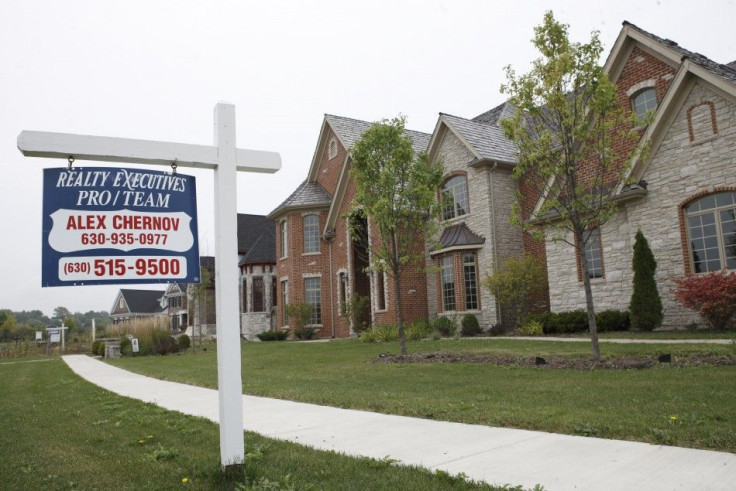Can Higher Mortgage Rates Affect U.S. Housing Recovery?

Last week's rise in 10-year U.S. Treasury yields from 2.0 percent to 2.3 percent suggests that it might not be long before mortgage rates increase from their current record low of just above 4 percent, according to Capital Economics.
At the same time, Capital Economics notes that a rise in mortgage rates won't threaten the housing recovery. This is so because mortgage rates can rise only so far when tighter monetary policy is still years ahead. Even if rates were to rise towards more normal levels, mortgages would still be very affordable.
Capital Economics notes that even though the prospects for economic growth look better than they did a few months ago, the monetary policy tightening would be required to raise Treasury yields significantly and so rise in mortgage rates is not on the cards.
If both mortgage rates and house prices remain close to current levels, as a share of the median income, the monthly principal and interest mortgage payment will remain around the current historical low of 12 percent, says Capital Economics. That would leave the monthly burden of servicing a mortgage at less than half of what it was six years ago.
Capital Economics points out that even if mortgage rates were to climb above 5 percent by 2014, the monthly payment on the typical mortgage would still absorb only 14 percent of the median income. That would leave it in line with the average level of mortgage affordability since 2009.
Paul Diggle, Property Economist of Capital Economics, says that the fall in house prices over the last five years has been so large that even more normal mortgage rates would leave housing looking very affordable.
Capital Economics expects that the housing market recovery that appears to be underway is probably strong enough to withstand a moderate rise in mortgage rates.
© Copyright IBTimes 2024. All rights reserved.




















